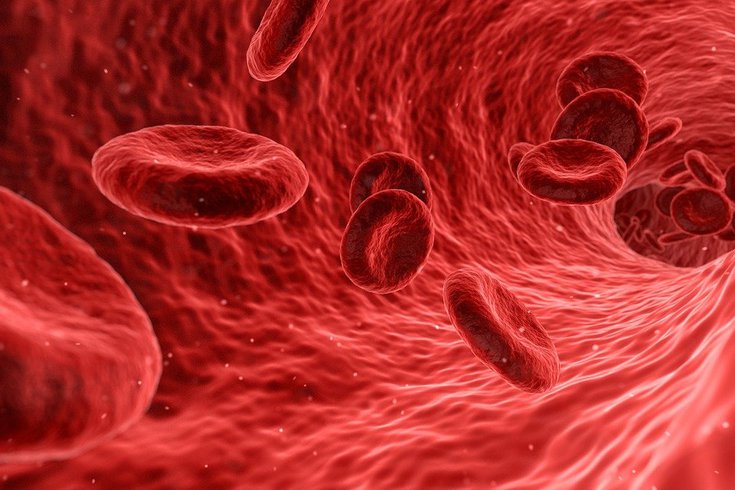
July 12, 2021
 Arek Socha/Pixabay
Arek Socha/Pixabay
Anemia was the strongest clinical signature of long-term COVID-19 symptoms observed in an analysis of Mayo Clinic lab tests of patients re-hospitalized with long-term COVID-19 symptoms.
People with anemia — the insufficient amount of red blood cells — are more likely to experience long-term COVID-19 symptoms even after the infection has been cleared from their immune system, researchers say.
A new analysis of Mayo Clinic lab tests examined patients re-hospitalized with long-term COVID-19 symptoms. Anemia was the strongest clinical signature of long-term COVID-19 symptoms, which can appear weeks or months after the initial infection.
Anemia affects more than 2 billion people worldwide. The most common causes are low hemoglobin — the protein that helps carry oxygen through the bloodstream to the body's organs — and an inability to make enough red blood cells, according to the Cleveland Clinic.
Iron supplements or diet changes often can treat mild anemia, but sometimes transfusions of red blood cells are needed.
The findings of the data analysis, conducted by the company nference, suggest anemia-related lab tests should be considered in risk stratification for COVID-19 patients.
The study, published in iScience, utilized artificial intelligence software to quickly analyze lab tests, clinical notes and electronic health records.
"The more we learn about the long-term impacts of COVID-19 on those who still continue to suffer from symptoms weeks and months later, the more we can respond to the new health challenges this pandemic presents," said Venky Soundarajan, co-founder and chief scientific officer of nference.
Almost 30% of COVID-19 patients experience long-term complications from the infection, Dr. Wesley Self, a Vanderbilt University emergency physician, told ABC News earlier this year.
The most common symptoms of a long-term COVID-19 are fatigue, fever, breathlessness, depression, myalgia and damage to the heart, lungs and vascular system.